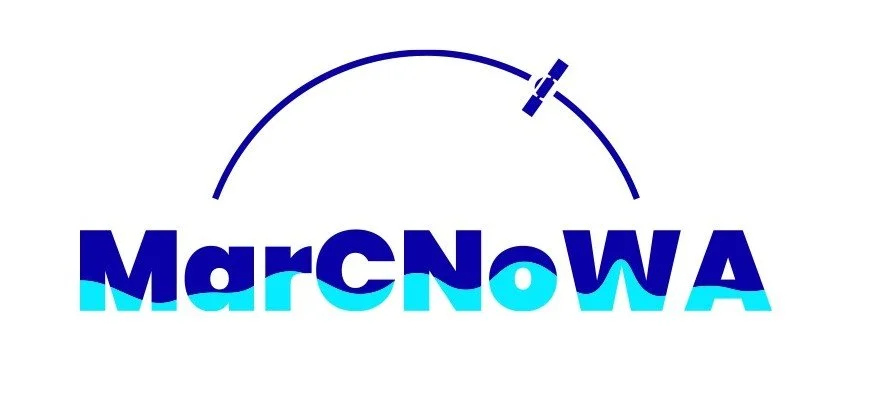Empowering Women Journalists with EO Tools for Coastal Management
The Institute of Fisheries and Oceanographic Research of Benin (IRHOB) organised a workshop on 12 December 2024 in Cotonou for women journalists, members of the GMES & Africa Club. This initiative was part of the Global Monitoring for Environment and Security (GMES & Africa) programme and the Marine and Coastal Areas Management in North and West Africa (MarCNoWA) project.
Online Session
West Africa’s marine and coastal areas, particularly in Benin, face critical environmental challenges such as coastal erosion, marine pollution, and overfishing. The role of the media—and in particular, women journalists—has proven vital in raising awareness among local communities and decision-makers about the need for sustainable solutions.
Professor Zacharie Sohou, Director of IRHOB, emphasised the importance of equipping women in media with practical tools to tackle these challenges:
“We decided to train female media professionals in the use of Earth Observation tools so they can raise awareness on critical themes such as coastal erosion management, marine spatial planning, and the sustainable protection of oceans.”
The workshop featured five expert presentations, two of which were delivered online by international specialists. Professor Brice Mobio from the Centre Universitaire de Recherche et d'Application en Télédétection (CURAT), University of Félix Houphouët-Boigny, Côte d’Ivoire, demonstrated how remote sensing tools are applied to monitor coastal erosion. Phyllis Akua Amamoo, from the University of Ghana, addressed the impacts of climate change on Ghana’s coastal zones and the significant role women play in raising awareness.
On-site, participants explored IRHOB’s key activities, including marine spatial planning, the management of marine protected areas, and the assessment of fishery resources. These sessions were complemented by interactive discussions and a field visit to the beaches of Cotonou to Sèmè-Kraké, at the border between Benin and Nigeria. This visit enabled participants to connect satellite data to real-world coastal changes observed on the ground.
Field visit
The workshop empowered women journalists to:
Apply Earth Observation tools to report and raise awareness on environmental issues,
Highlight the challenges of coastal erosion and climate change,
Promote community resilience and advocate for the sustainable management of marine and coastal areas.
The event, organised by IRHOB in collaboration with CURAT and the Regional Maritime Centre, underscored the importance of collective action in tackling environmental challenges.


